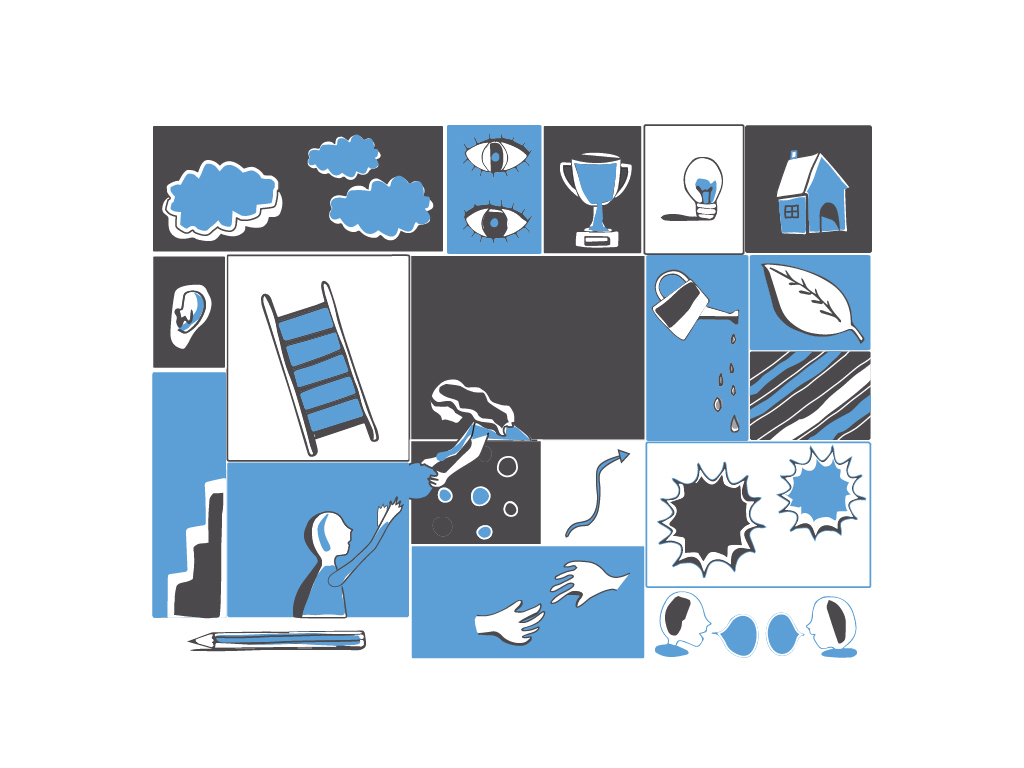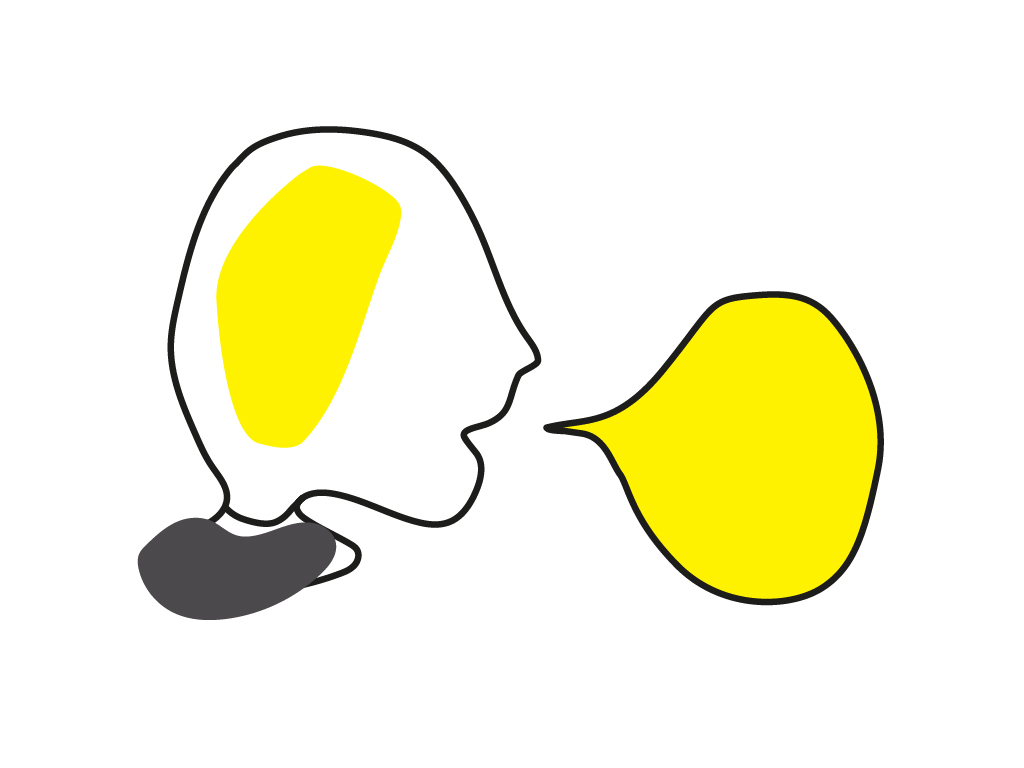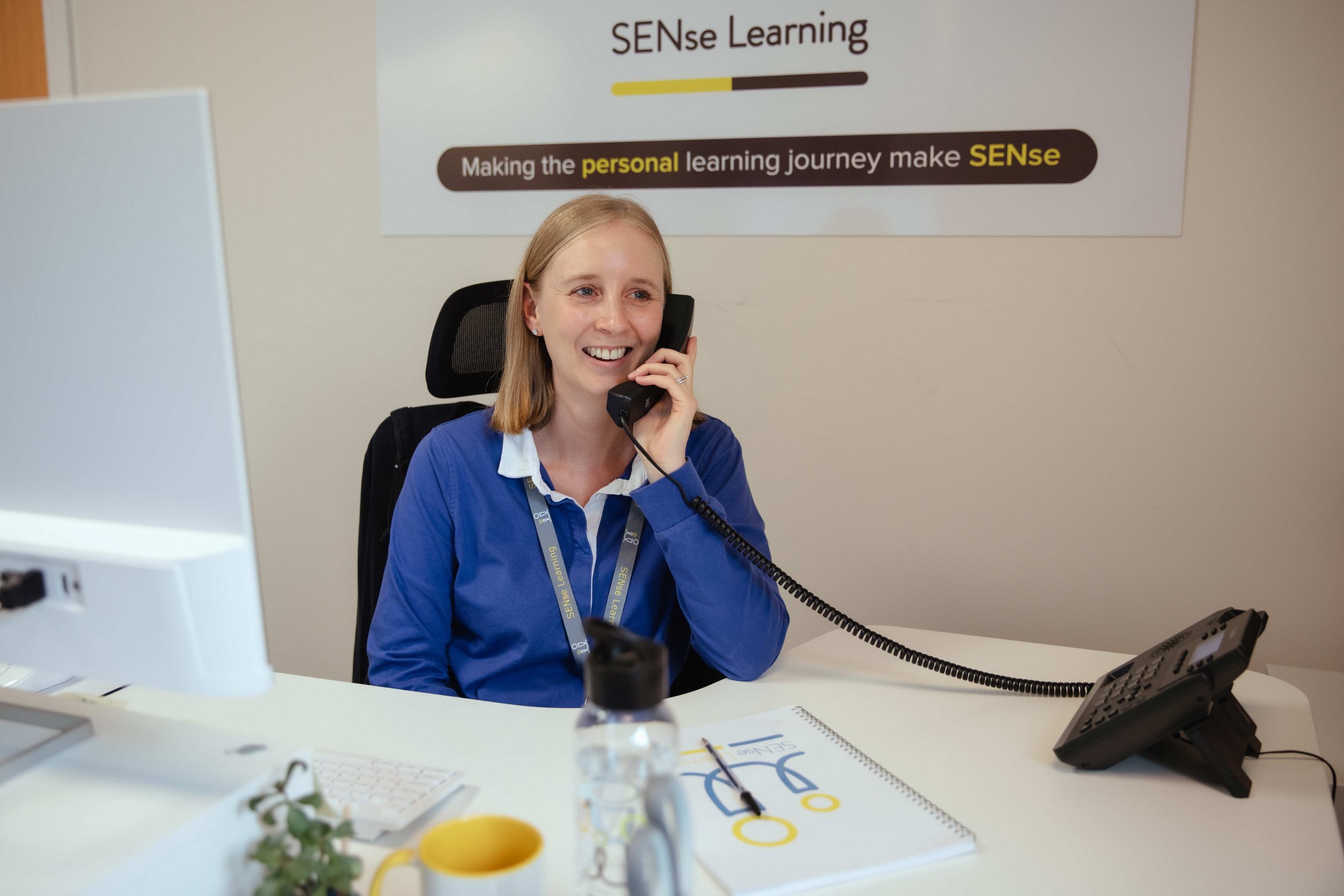The SEND needs we work with
At SENse Learning we’re able to support young people with a wide variety of needs.

All our young people are either out of formal education or struggling to attend full time and most have an education, health and care plan (EHCP). We refer to their EHCP when thinking about the educational journey that will make SENse for them. We regularly work with diagnoses of autism spectrum conditions, PDA profiles and ADHD as well as mental and physical health conditions.
Understanding the complexity of differing needs
Anxiety, mental health and pathological demand avoidance (PDA)
A large number of our students have high levels of anxiety and mental health challenges. Many also have high levels of demand avoidance, some with a formal PDA diagnosis but many more with a suspected PDA profile.
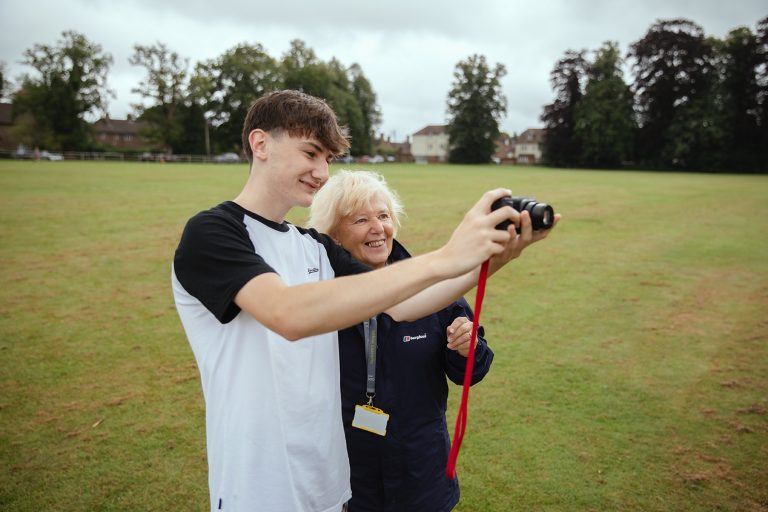
Trauma and developmental trauma
We’re really experienced in supporting young people who have experienced trauma and developmental trauma. And we’re committed to following trauma-informed care principles in our sessions.
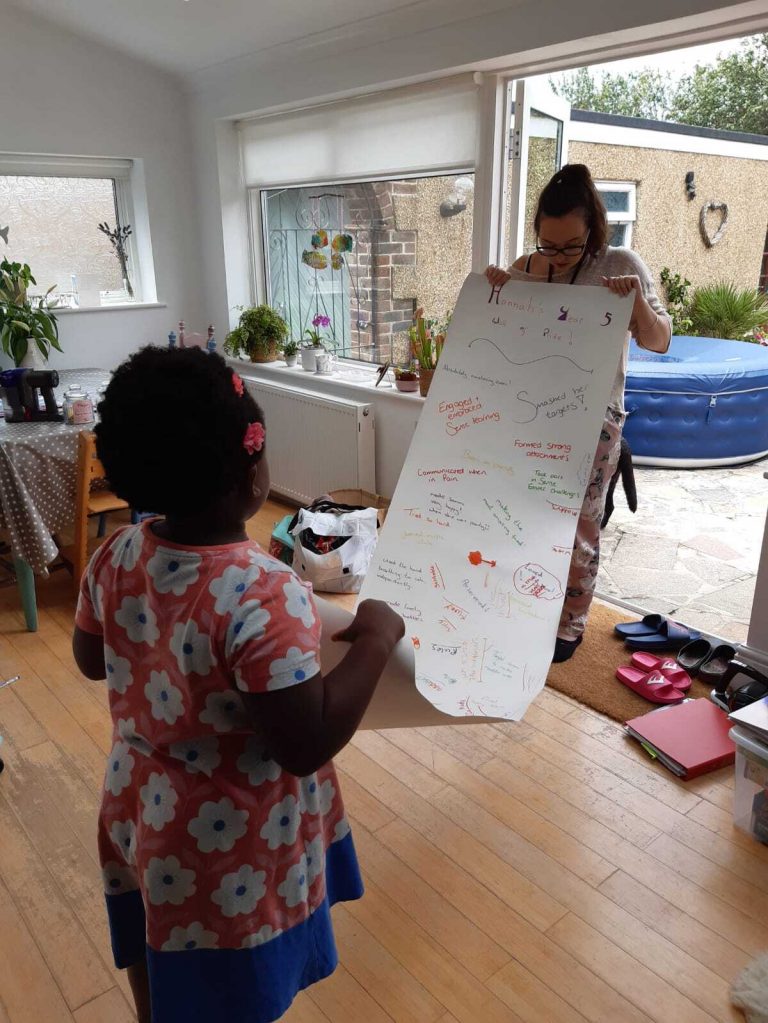
Learning disabilities
We also support young people with learning disabilities, such as those with global developmental delay, and specific learning disabilities such as dyslexia and dyscalculia.
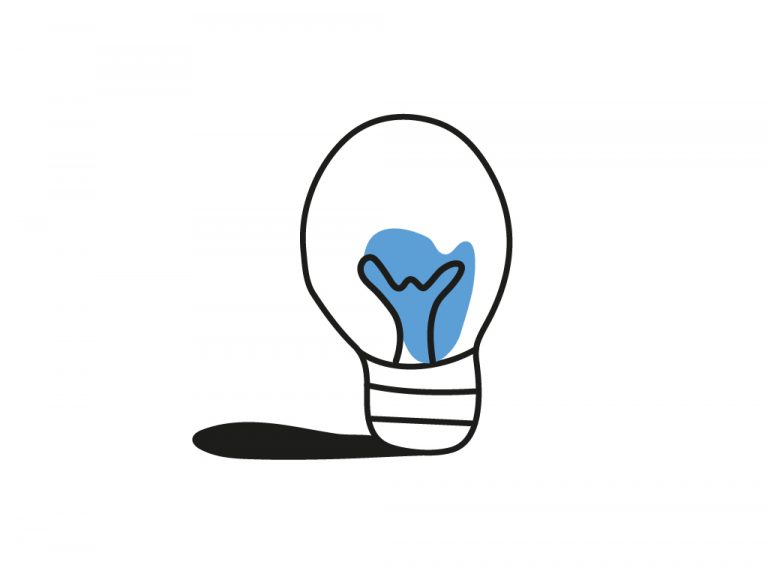
Sometimes we’re not the right choice
Due to the nature of our provision we can’t support young people in the community if they are likely to abscond. We’re also unable to work with those who are likely to need physical intervention to stay safe or can’t work on a 1:1 basis due to safeguarding needs.
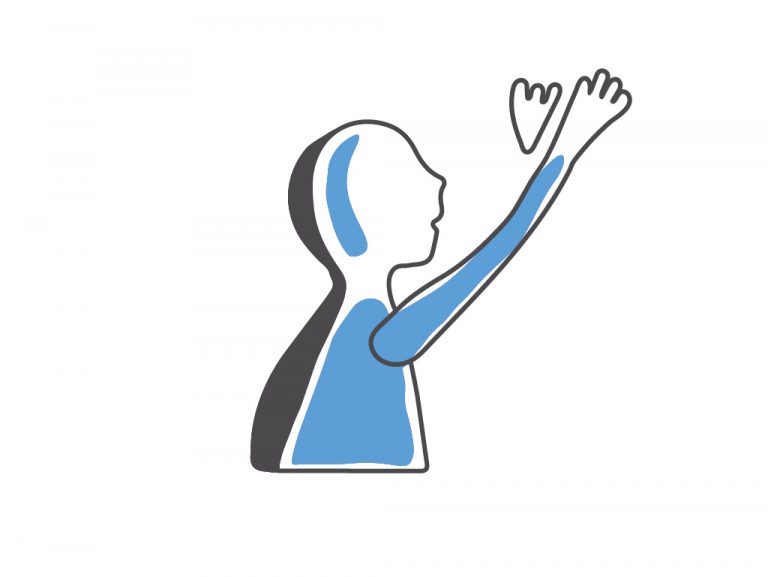
Checking we’re the right fit
We want to support as many young people as possible, but of course, we’re not the right choice for everyone. We need our students to be able to access a home and community-based programme, engage safely on a 1:1, or occasionally 2:1 basis and be able to work at a level to access our curriculums.
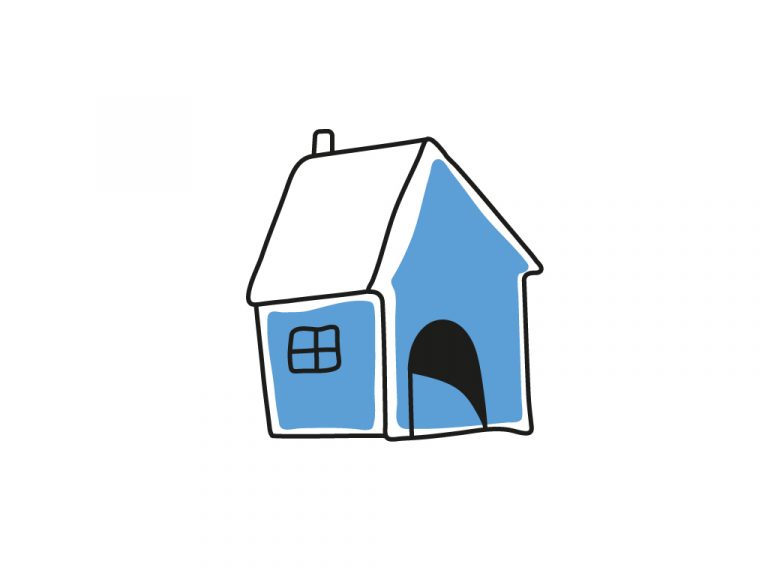
Assessing each young person as an individual
Many young people thrive in the 1:1, bespoke and low-demand environment our sessions can offer. Sometimes students who’ve had previous risks around absconding or physical intervention, are able to safely access our sessions. We will always consider the individual and their context during the referral process to see if there’s a way we can safely meet their needs.
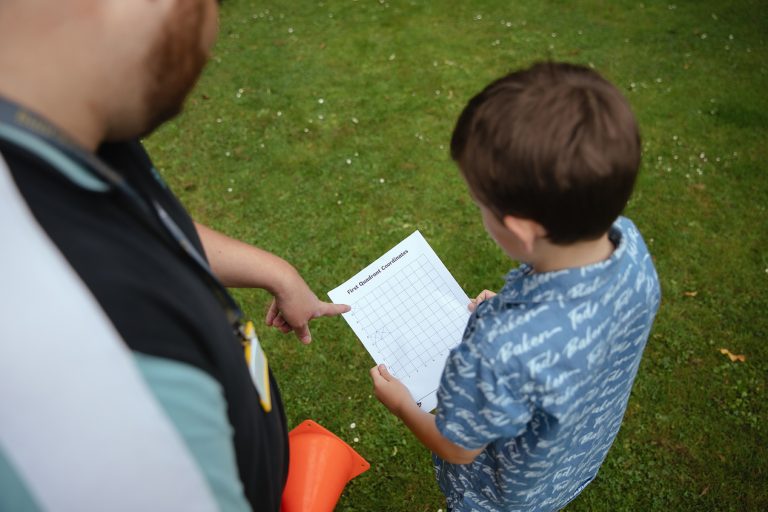
Needs that we support
This list covers some of the needs we can support but is not exhaustive. Each young person is unique and we always take time to assess whether we can offer the right provision to guide them in the best way possible.
ADHD
Falls under the neurodivergence umbrella and is a developmental impairment of the brain’s self-management system called executive functions.
Anxiety
Anxiety is what someone feels when they are worried, tense or afraid. Particularly about things that are about to happen, or which they think could happen in the future.
Attachment needs
Attachment needs arise from disruptions in the early caregiver-child bond. These disruptions can significantly affect someone’s ability to trust in others or feel safe in relationships.
Autistic spectrum condition (ASC)
Autism is a spectrum of lifelong developmental condition which affect how people communicate and interact with the world.
Demand avoidance
Demand avoidance involves not being able to do certain things at certain times, either for yourself or others. It also refers to the methods someone may use to avoid demands.
Dyscalculia
Is a specific and persistent difficulty in understanding numbers which can lead to a diverse range of difficulties with mathematics.
Dyslexia
A common learning difficulty that mainly causes problems with reading, writing and spelling.
Dysgraphia
Makes it difficult for a person to form letters in writing.
Dyspraxia
Also known as developmental coordination disorder, dyspraxia is a chronic condition that begins in childhood and causes difficulties with motor skills and coordination.
Emotionally based school avoidance (ESBA)
Describes a scenario where students avoid school due to the anxiety it provokes.
English as a second language (ESL)
Where English is not the primary language spoken at home.
Foetal alcohol spectrum disorder (FASD)
FASD results when prenatal alcohol exposure affects the developing brain and body of a foetus. FASD is a spectrum and can display differently in every person with this disorder.
Functional neurological disorder (FND)
Describes a brain network disorder that can encompass a diverse range of neurological symptoms including limb weakness, paralysis, seizures, walking difficulties, spasms, twitching and sensory needs.
Global developmental delay (GDD)
Refers to a condition where a child takes longer to reach certain developmental milestones compared to other children their age.
Learning difficulties
Covers any learning disability that affects the way a person learns new things throughout their life.
Mental health
Mental health is a broad term which encompasses emotional, psychological, and social well-being, influencing cognition, perception and behaviour.
Obsessive compulsive disorder (OCD)
A mental health condition where a person has obsessive thoughts and compulsive behaviours.
Pathological demand avoidance (PDA)
Widely understood to be a profile on the autism spectrum. It involves the avoidance of everyday demands and the use of social strategies as part of this avoidance.
Sensory needs
Sensory needs are the ways people process and respond to sensory information from their environment.
Social, emotional and mental health (SEMH)
Is a term used to describe a type of special educational need where someone communicates through behaviour in response to unmet social, emotional or mental health needs.
Special educational needs and disabilities (SEND)
When a child or young person has a learning difficulty and/or a disability that means they need special health and education support.
Trauma
Trauma is when individuals experience very stressful, frightening or distressing events that are difficult to cope with or out of our control. This could be a single incident or an ongoing event that happens over a long period of time.

Setting the right path
We offer four different pathways which are carefully considered to help guide our students in the right direction, at the right time. On referral, we carefully consider the pathway most suited to a young person’s needs and continuously re-evaluate to check that they are still following the right path.
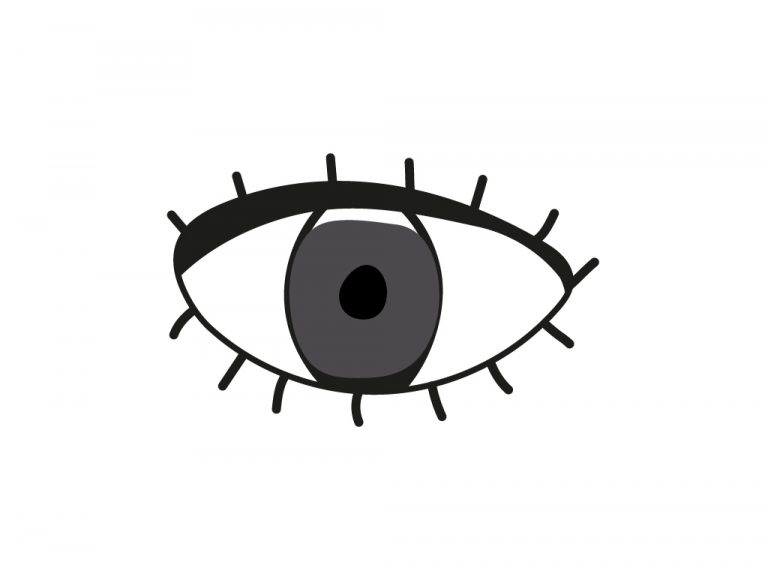
When things get better
M’s story is one of hope. Their unmet needs were significantly impacting their whole family. Our pastoral department supported not only M, but the entire family. It’s a real-life example of how getting the right help in place early on can have an incredibly positive impact for both a young person and their family.
The curriculums we follow
We’re extremely proud of our bespoke WILL framework™ covering four key areas of wellness, interaction, learning and life skills. Alongside this we offer Functional Skills curriculums for both primary and secondary-aged children as well as a range of other certificates and qualifications.

